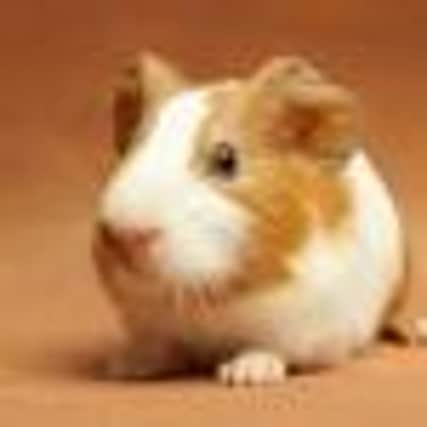Queen’s and UU experimented on 10k live animals


The Queen’s University, Belfast (QUB), used 9,646 living animals in experiments in 2011. And at the start of June 2012 there were 2,883 living animals held on QUB premises for research purposes. At the University of Ulster research was carried out on 138 rats and 1,760 mice last year.
The University of Ulster said procedures included behavioural observation, disease progression and the development of peptides used for therapeutic uses and other treatments of various types of cancer.
Advertisement
Hide AdAdvertisement
Hide AdQUB said: “The nature of the experiments varied considerably and ranged from simple observation to medical and surgical procedures.
“All procedures carried out at Queen’s University, Belfast, involving live animals were subject to the law, as set out in the 1986 Animals Scientific Procedures Act.
“Appropriate anaesthetics and analgesics were used at all times and the wlefare of the animals was always a primary concern.”
The QUB statement said oversight was carried out by a veterinary surgeon and a Home Office inspector and that the animals were put down by trained staff using approved methods after the experimentation.
Advertisement
Hide AdAdvertisement
Hide Ad“The outcomes of the experiments was the generation of new scientific, behavioural and medical knowledge.
“They provided novel insights into the causes, monitoring and treatment of important human and animal diseases, including diabetes, cancer, cardiovascular and neurological disease.”
Meanwhile, the University of Ulster confirmed that “experiments are conducted on animals at the University of Ulster, regulated in the UK by the Animals (Scientific Procedures) Act 1986.”
A statement added: “Research at the University from 1 January 2011 to 1 January 2012 was carried out on 138 rats and 1,760 mice only and the procedures include behavioural observation, disease progression and the development of peptides used for therapeutic uses and other treatments of various types of cancer. “The overall severity band ranged from mild to moderate.”
Advertisement
Hide AdAdvertisement
Hide AdIt also stated: “Please be advised that University actively supports the development, validation and adoption of appropriate alternatives to the use of animals in order to eliminate the need for animal experimentation.
“In vitro studies or cadaver materials are used as substitutes for whole-animal studies whenever such tests are feasible. Please be advised that animal testing is a compulsory component of drug licensing laws; in-vitro research is not accepted.”